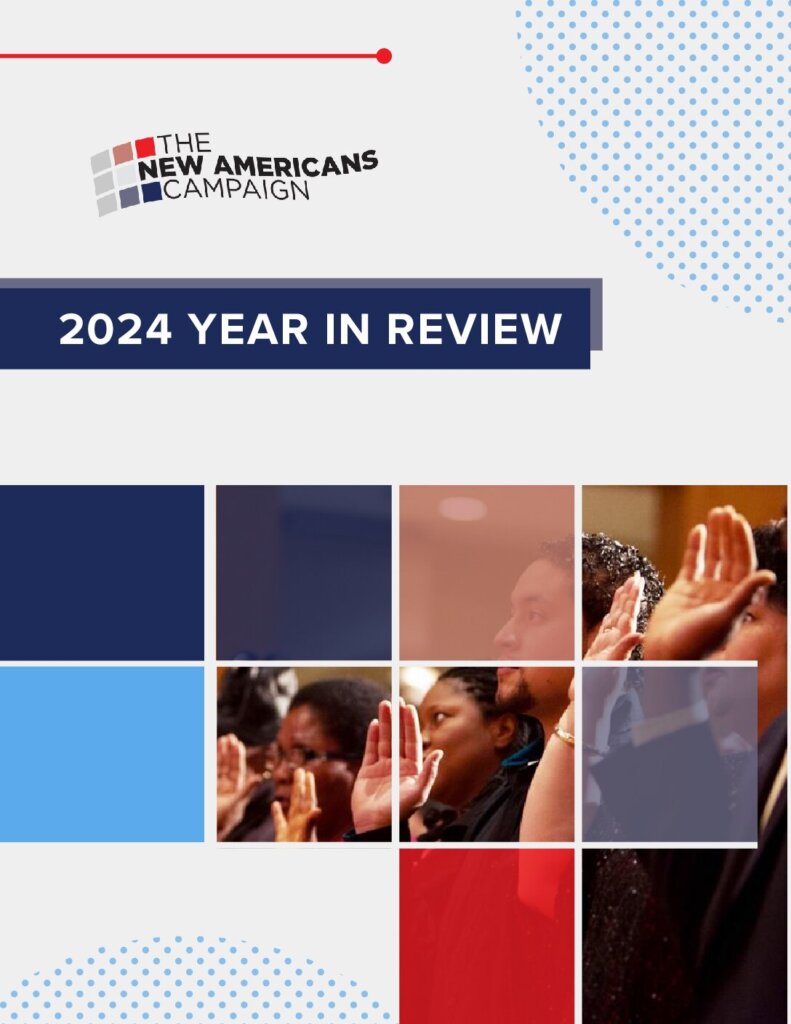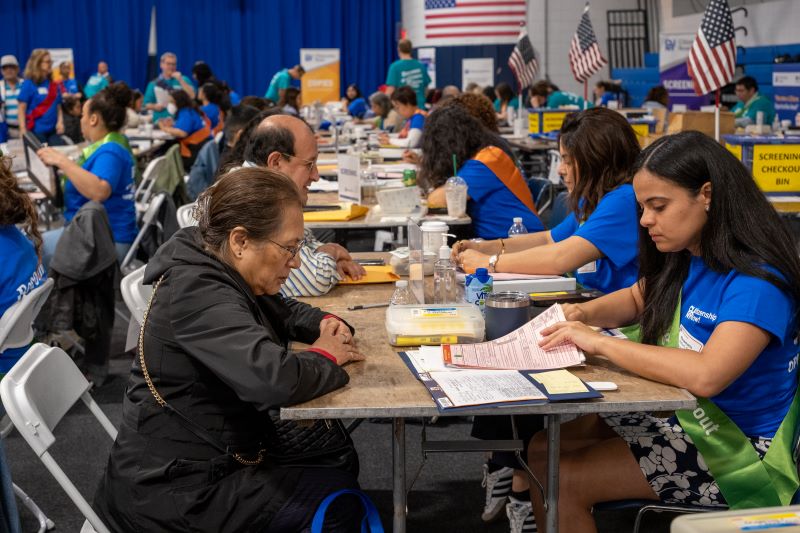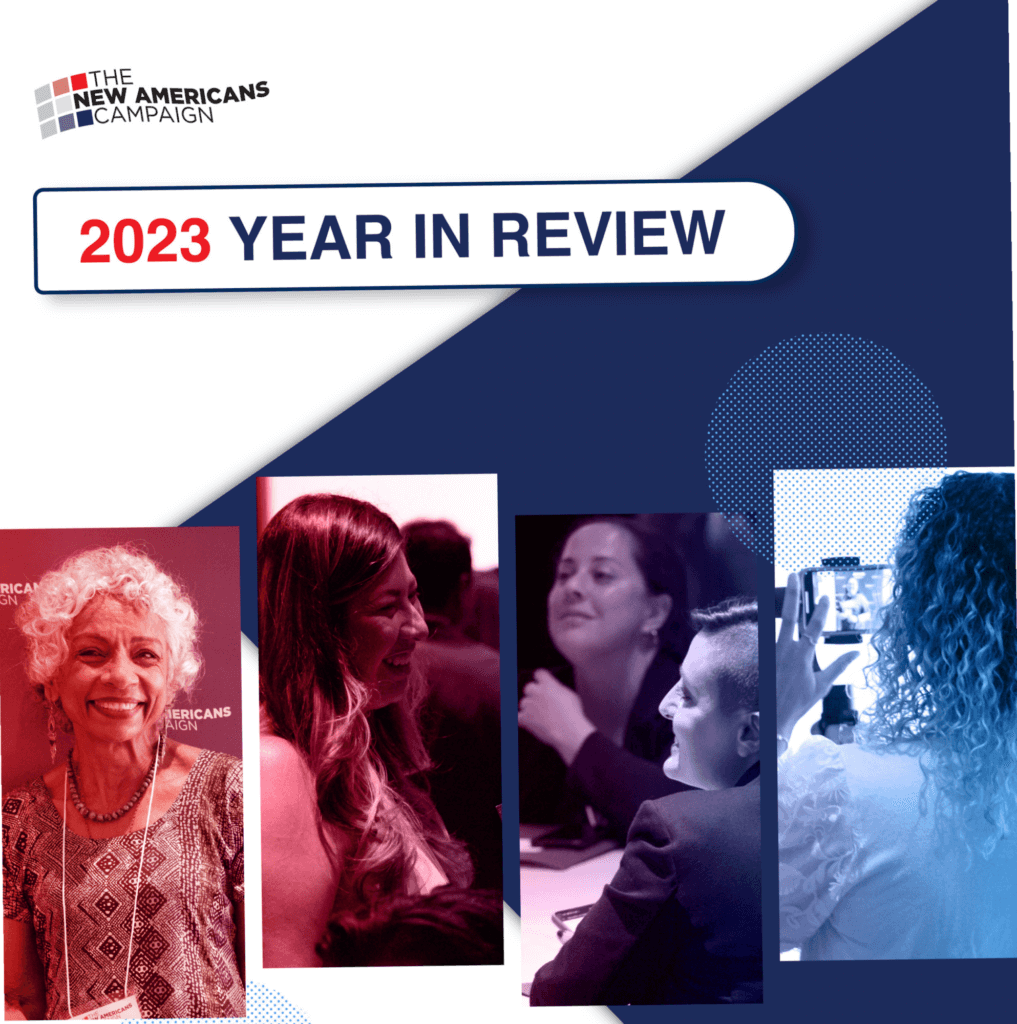A Successful Collaborative Funding Model Supporting Citizenship
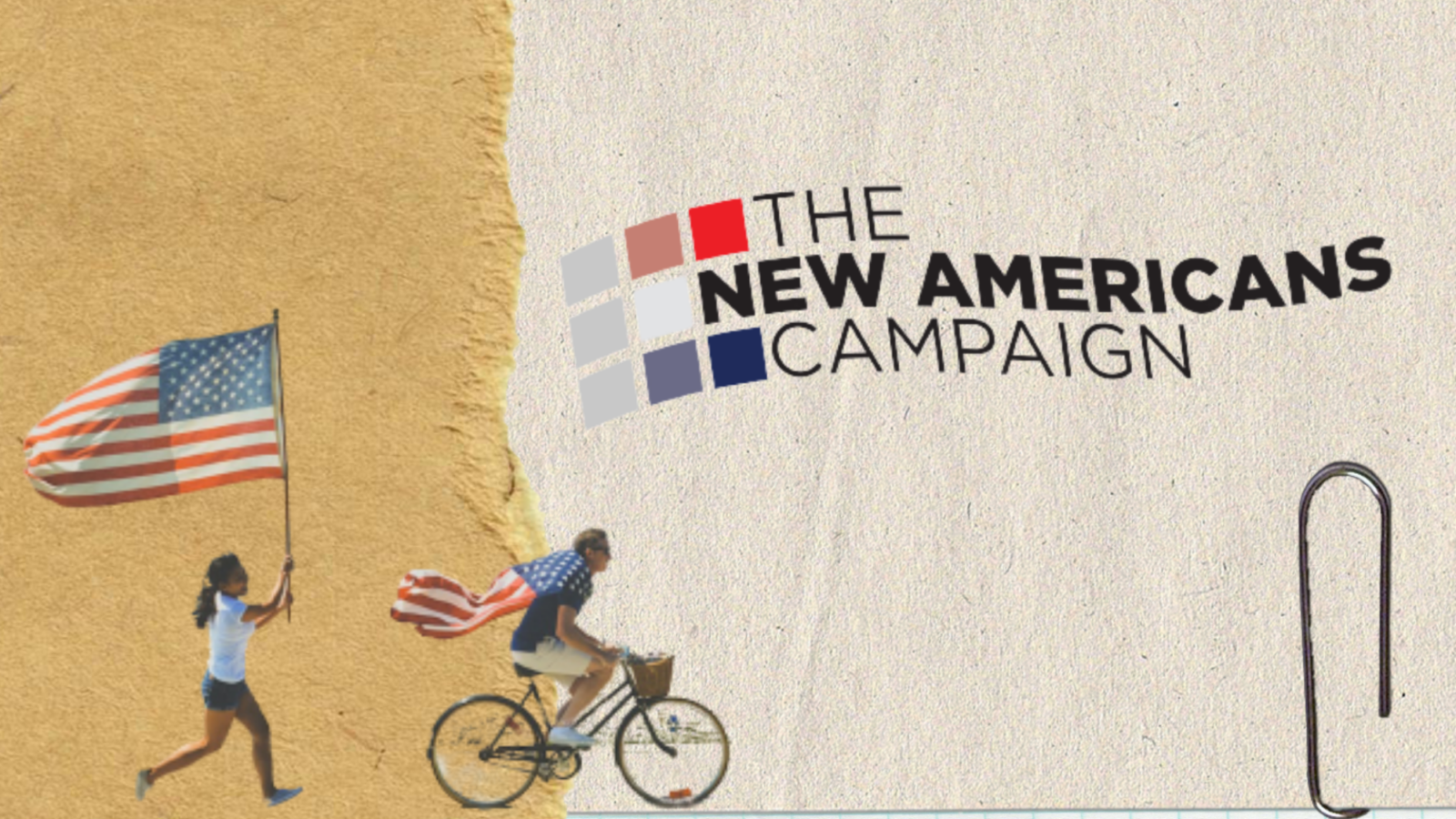
Explore more
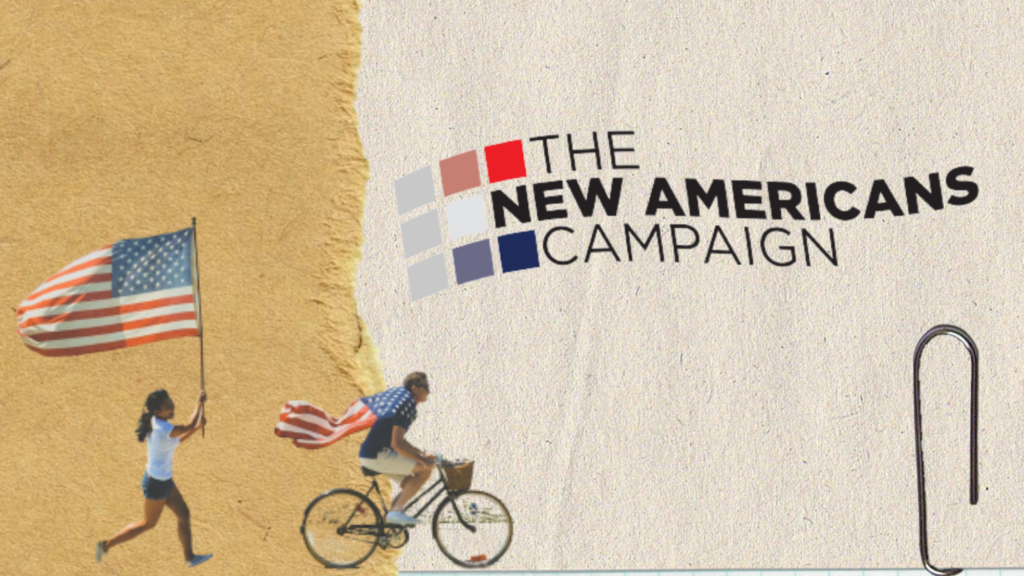
In 1952, President Truman signed into law “Citizenship Day” celebrating and recognizing the contributions of naturalized citizens.
As we mark the 70th anniversary of Citizenship Day on Saturday, Sept. 17, we also have the opportunity to highlight the work of crucial initiatives to support citizenship efforts. Big ideas and bold ambitions benefit from partnerships, and I strongly believe that collaborative funding is a catalyst for social change.
The New Americans Campaign (NAC), the collaboration that I lead, was founded, grew, and successfully achieved national impact thanks to a collaborative approach to longer-term funding, shared knowledge and expertise, and shared risk as well. We learned along the way that funder-supported collaboratives can enjoy huge amounts of success when they establish a significant commitment of funder resources and interest; a well-chosen group of collaborative members; clear-cut goals; ongoing direction from groups and communities on the ground; and an innovative approach.
Since the NAC was founded in 2011, our partners have helped over 560,000 people complete their citizenship applications and saved the immigrant community over $600 million.
When the NAC began it was a daring move for eight national funders[1] to join forces and launch a network of national, state and local immigration organizations with a mission to modernize naturalization assistance and make it easier for greater numbers of green card holders to achieve the dream of United States citizenship. Our lead organization, the Immigrant Legal Resource Center (ILRC), along with eight other organizations that are national leaders in this space[2] were charged with building a network to unite diverse local immigration groups nationwide. It’s a testament to our founding funders’ vision that today we number 20 sites with more than 200 local partners and affiliates, a dozen national and local foundations supporting our campaign, and an annual budget between $5-$6 million.
The NAC network was recently tested as we weathered the COVID-19 pandemic and the politicized hatred toward immigrants. We successfully maintained our ground, pivoted when necessary, and continued to provide critical citizenship education and application assistance. We’ve also rallied our forces to prevent significant damaging changes to the federal naturalization system.
Our funders fostered a culture of experimentation, learning, and sharing and supported technological tools that became essential when COVID-19 shut down in-person services. Our funders set up a rapid response Innovation Fund that generated nearly $280,000 in mini-grants to help 100 partners launch dozens of new projects to incorporate technology, expand staff capacity, and further encourage the use of virtual screening and outreach.
Another notable example of the innovative tools we have embraced is Citizenshipworks, which launched in tandem with the NAC in 2011. It is a self-guided online platform that helps applicants who have difficulty reaching the usual in-person services and community naturalization workshops. It includes a screening and application portal in multiple languages and connects with organizations that are ready to help with more complex cases.
When the pandemic hit, having a time-tested tool was a lifeline. Asian Americans Advancing Justice Southern California (AJSOCAL) was among our virtual review veterans and had just put the final touches on a comprehensive guide to all they had learned. Their practitioners led virtual review webinars for NAC partners and community-based organizations who began launching their own remote services.
Our partners improved service delivery by embracing digital innovations such as texting to email tools and creating an online interactive dashboard for local site partners to strengthen collaboration. Our network incorporated other creative solutions during the pandemic, like drive-through naturalization workshops to ensure the continuation of services and community safety.
During the Trump Administration, immigrants and the organizations that serve them confronted a barrage of anti-naturalization policies designed to make naturalizing more difficult for many green card holders, and virtually impossible for low-income applicants. Through the Naturalization Working Group (NWG), the policy complement to the New Americans Campaign led by the National Association of Latino Elected and Appointed Officials Educational Fund (NALEO), our NAC funders encouraged our network to engage in public advocacy at the federal level.
Often a variety of organizations fight the same urgent issues in parallel. Given the diversity of our network, I believe our collective-funding model would work for many other social justice organizations and issues. A collaborative approach does more than provide additional financial resources—it brings practitioners together, expands access to best practices and innovation, and leverages our overall impact.
Lucia Martel Dow
Director, New Americans Campaign
[1] Carnegie Corporation of NY, the Wallace H. Coulter Foundation, the Grove Foundation, the Evelyn and Walter Haas, Jr. Fund, the JPB Foundation, the John S. and James L. Knight Foundation, and the Open Society Foundations.
[2] NALEO Educational Fund, Asian Americans Advancing Justice Southern California, Catholic Legal Immigration Network, Inc. (CLINIC), Immigration Advocates Network, the National Immigration Forum, the National Partnership for New Americans, Pro Bono Net, and International Rescue Committee, followed by UnidosUS in 2015.

